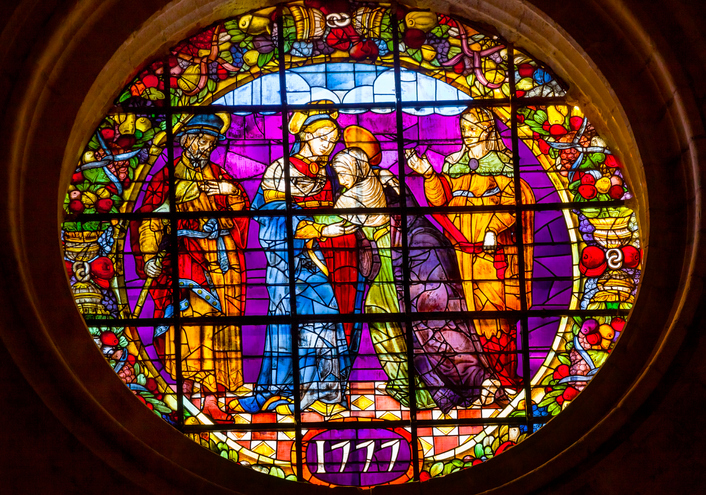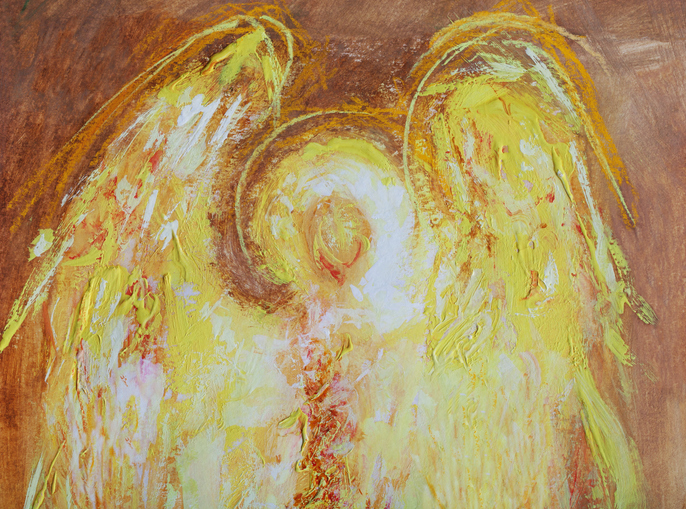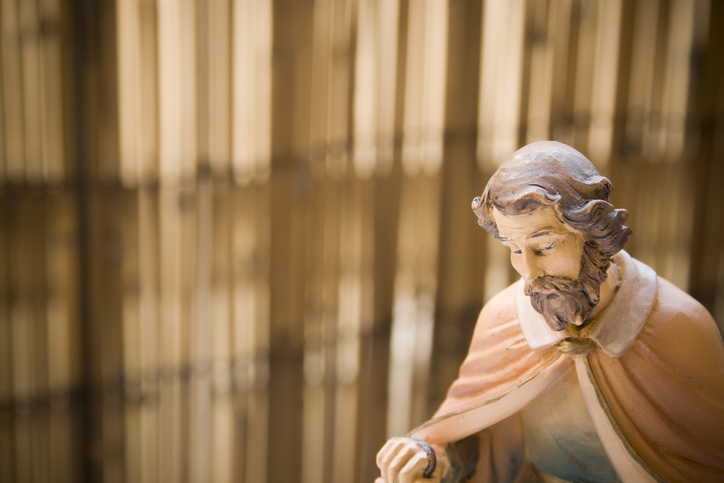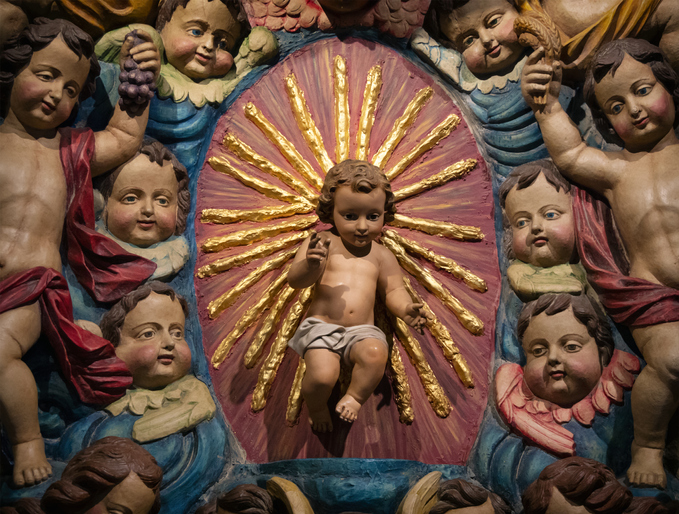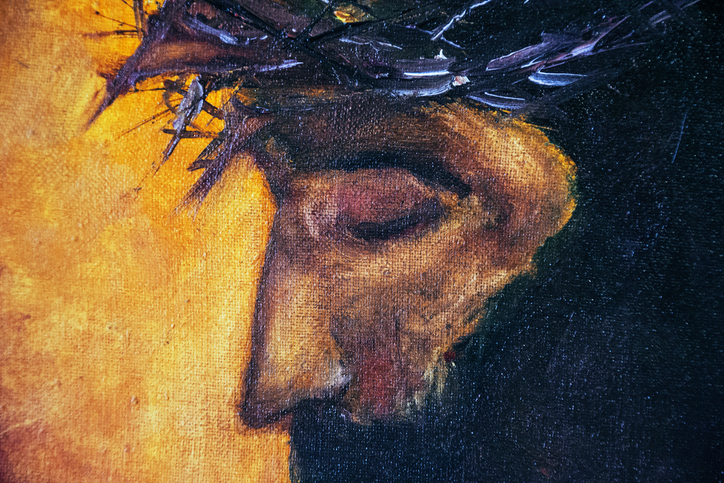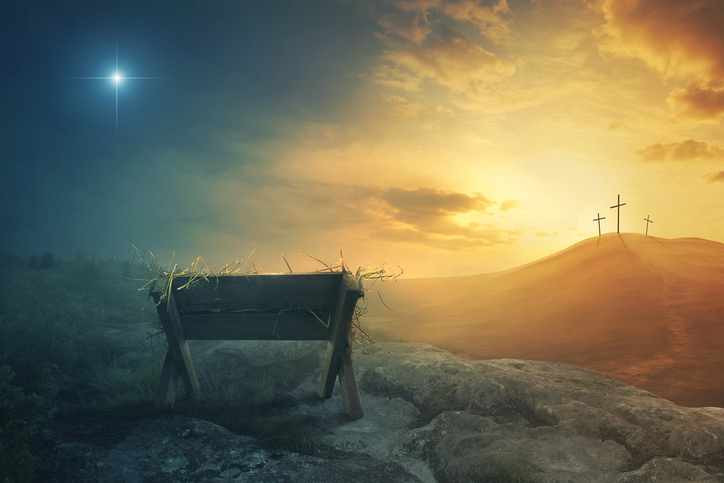Waiting. Anticipation. Hope.
We have arrived at the doorstep of Christmas. This afternoon, many of us will depart our houses, hands laden with all the makings of a celebration: gifts, food, cookies, perhaps a bottle of wine and more. Thus, the festivities begin and will last for a day or two, possibly three, after which we will return to our everyday lives.
However, we also arrive at the doorstep of something more: a wonderful and glorious celebration of the Nativity of the Lord, which begins the true Christmas season. Before we depart for our family Christmas celebrations, we will head over to our local churches and herald the arrival of the Lord Jesus.
If all we see, though, is the full churches, nativity scenes, and Christmas decorations, we’ve missed the point. Christmas doesn’t just stop on December 25th. Nor does Advent stop on December 24th. It’s an attitude that should last in our minds and hearts all year round.
Today’s Gospel reading leaves us with a great reminder to carry these Advent attitudes forward. Zechariah makes this beautiful proclamation and prophesy at a most joyful time in his life: the birth of his own son, John the Baptist. He speaks on themes of redemption, mercy, forgiveness, compassion, and peace. All of these themes provide great hope for anyone but especially for the Israelites who have endured great suffering at the hands of many as we have seen in the Old Testament. The anxiously awaited Messiah would deliver them from all of their trials. Little did they know what Christ, the anointed one, would do for them.
Redemption and mercy is usually the theme of the Easter season, where we celebrate Jesus’ passion, death and resurrection that reconciled the world back with the Heavenly Father. There is nothing more full of hope than the salvation we have through Jesus. From the moment of His birth, all that He is and all that He did pointed toward this saving moment. The hope of Christmas reflects the hope of Easter.
Really, there is no reason that we shouldn’t celebrate Advent hope and longing deep in our hearts all season long. I urge you to not leave these attitudes behind when you close the door on your way to Christmas Mass. See how hope and longing can transform your life and your relationship with Christ.

Erin is a Cleveland native and graduate of Franciscan University of Steubenville. Following graduation, she began volunteering in youth ministry at her home parish of Holy Family Church. Her first “big girl” job was in collegiate sports information where, after a busy two years in the profession on top of serving the youth, she took a leap of faith and followed the Lord’s call to full-time youth ministry at St. Peter Church. She still uses her communication arts degree as a freelance writer and statistician, though. You can catch her on the Clarence & Peter Podcast on YouTube as well as follow her on Twitter @erinmadden2016.





